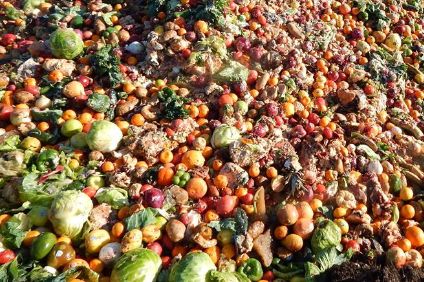
Food waste could rise by almost a third by 2030 when more than 2bn tonnes will be binned, researchers have said.
The United Nations has set a target of halving food loss and waste by 2030. But the Boston Consulting Group (BCG) study found that if current trends continued, it would rise to 2.1bn tonnes annually.

Discover B2B Marketing That Performs
Combine business intelligence and editorial excellence to reach engaged professionals across 36 leading media platforms.
Currently we waste around 1.6bn tonnes of food annually.
While much of the emphasis of the report is on consumer habits and how they need to change to avert a “staggering” crisis propelled by a booming world population and changing habits in developing nations, the report has also called for stronger regulations and better supply chain efficiency and collaboration along the food production chain.
Report author Esben Hegnsholt said: “We are seeing a real crisis at a global level.
“The amounts of waste and the social, economic and environmental implications are serious if we don’t change the trajectory. When we fight food loss and waste, we also fight hunger, poverty and global warming.”

US Tariffs are shifting - will you react or anticipate?
Don’t let policy changes catch you off guard. Stay proactive with real-time data and expert analysis.
By GlobalDataMuch of the projected increase is down to a swelling world population, with more people resulting in more waste.





